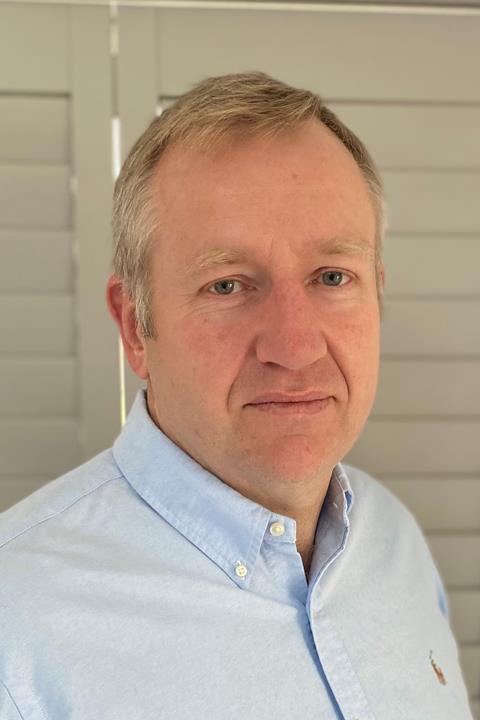The open-source software enables pay TV operators to develop and launch new, user-friendly services for video streaming and more, writes Gary Hamer, senior vice-president of sales and business development, SmartLabs.
Many operators wanting to protect revenue and reduce customer churn have been faced with a dilemma in the past few years. As consumers increasingly cut the cord and switch to OTT services, operators have felt that a super-aggregated offering – pulling all the disparate services into one place – has been a way to stand out against the competition.

The only way to achieve that in recent times with a set-top box (STB) has been to use Android TV. While the best implementations of this system offer an excellent user experience and a fast time to market, embracing Android TV means that operators must live with a major loss of control over their platform.
Android requires the operator to allow the customer full access to the Google Play Store, putting competitor services right in front of the customers it has worked so hard to win. Once the link between paying the operator directly and content has been broken, it can be hard to restore.
Restrictions on what you can do with Android TV can lead to the service feeling very ‘me too’, which is of huge concern in a marketplace where it is vital to offer clear differentiation from the competition. Many operators have been happy to take the risk, judging that the benefits of Android TV outweigh its drawbacks.
Others have been unwilling or unable to take the plunge. Aside from the concerns over a loss of control, small and medium companies have struggled to get the necessary arrangements with Google in place to secure the premium services that their customers have demanded.
Now RDK has come along, and the solutions it offers solve many of these challenges. RDK is open-source software that enables pay TV operators to develop and launch new, user-friendly services for video streaming, broadband and hybrid services. A suite of well-designed, pre-built apps exist within an app store that can be used to access premium services, alongside the complete control and less frenetic update schedule that operators familiar with Linux boxes will remember.
Control with RDK allows companies to create a friendly, trusted, commercially negotiated environment that does not require anyone to provide a service that goes against their own commercial interests. Removing the need to sign contracts with Google will be music to many operators’ ears that found this to be a major stumbling block when trying to roll out Android TV.
People may be watching more hours of video than ever, but it does not necessarily follow that the operators’ market grows with it. The competition for attention is now so fierce that operators need to become more aggressive at defending their position if they intend to stay relevant in a world with so many well-funded content operations. RDK allows this, as large players such as Sky have recognised.
‘Fully working solutions’
SmartLabs has been involved in the RDK project since the very beginning. When it first appeared a few years ago, it was very focused on the US market and there were a few gaps in the offering. Those have now been filled, and the likes of Netflix and Amazon have pre-approved certain silicon and reference designs, which significantly reduces both the length of time and the complexity involved to get hardware into the marketplace.
SmartLabs’ early involvement in RDK means we have used our knowledge of the platform to create a fully working solution that we can demonstrate. Our new set top box, the SML-5045, uses an architecture that conforms to the RDK standards, meaning that all the premium apps an operator typically wants to offer have been pre-approved from a technical standpoint.
But even though the underlying technology is changing, our approach to the customer experience remains the same. It is important to us that, from the users’ point of view, the look and feel, branding and proposition are as similar as possible across different platforms.
As a technology-agnostic company, SmartLabs continues to offer Android TV alongside RDK and Linux solutions. The experience we have on all these platforms makes us ideally placed to recommend the best solution to fit in with operator business objectives. I am always available to have a conversation (sales@smartlabs.tv) with anyone researching the pros and cons of any technology platform and will use the expertise we have inside SmartLabs to recommend the best fit.
- Gary Hamer is the senior vice-president of sales and business development for SmartLabs
Connect with SmartLabs on IBC Digital
























No comments yet